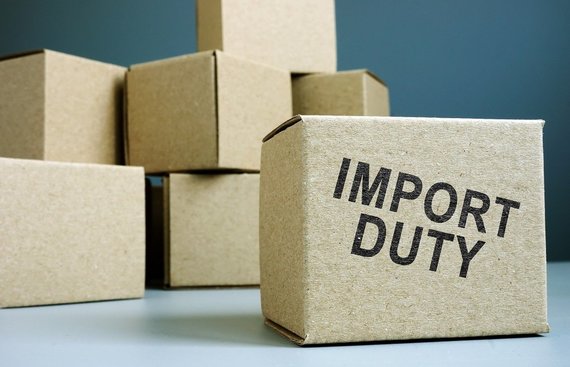Hyundai propels for import duty cut on EVs in India

Auto major Hyundai has stated that a rate cut on India’s EV import duty would be very beneficial as it would aid the automakers produce the much-needed volumes and reach some viable scale.
The automaker has inaugurated its new corporate headquarters here, has voiced out its opinion agreeing the demand of the American electric car major Tesla which has sought lowering of duties on imported EVs.
Hyundai noted that support from the government in terms of taxation and creation of country-wide charging infrastructure was the two most critical factors to grow EV segment in India.
In SS Kim, MD and CEO, Hyundai Motor India’s words, "We have heard that Tesla is seeking some duty cut on imports of CBUs. So that would be very helpful for the OEMs to reach some economy of scale in this very price competitive segment,"
He adds, till the time companies are able to localise EV components and other infrastructure, EV imports could help generate some market in the country.
Kim noted, "It will take OEMs time to localise EVs by 100 pc. We are developing made in India affordable mass market EV but at the same time if the government allows some reduction in the duty on imported CBUs that would be very helpful for all of us to create some market demand and reach some scale.”
At present, cars imported as completely built units (CBUs) attract customs duty ranging from 60 per cent to 100 per cent, depending on engine size and cost, insurance and freight (CIF) value less or above $40,000.
He, however, said at present import duties in India are "the highest in the world" and is hoping for "at least a temporary tariff relief for electric vehicles".
Interacting on Twitter with followers who asked him to launch Tesla cars in India Musk said, "We want to do so, but import duties are the highest in the world by far of any large country!"
Kim noted that the domestic market is ready for electric two- and three-wheelers but it may take some time time before four wheelers to gain foothold.
"We need some more support from the government in terms of tax and some incentives. From our experience in various global markets, such as South Korea, China and some European countries, we know that in India there still remains the anxiety related to charging infrastructure and the pricing of EVs," he stated.
"If we have some meaningful support, even for the private customer, that would be be very helpful. Also the tax reduction will be great for the customer. If the demand is there and market is starting to grow I think that in two years we can reach the meaningful point in terms of scale and from that point we can manage," Kim noted.
"Until we reach that point we need support from the government and that would be very critical for the segment," he added.
